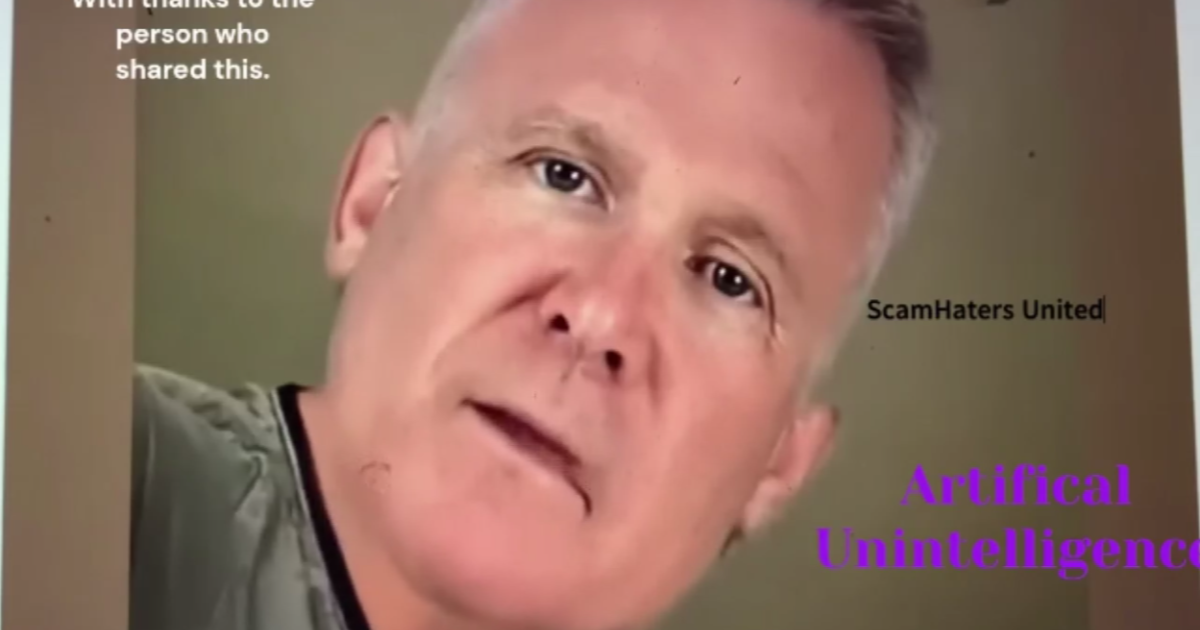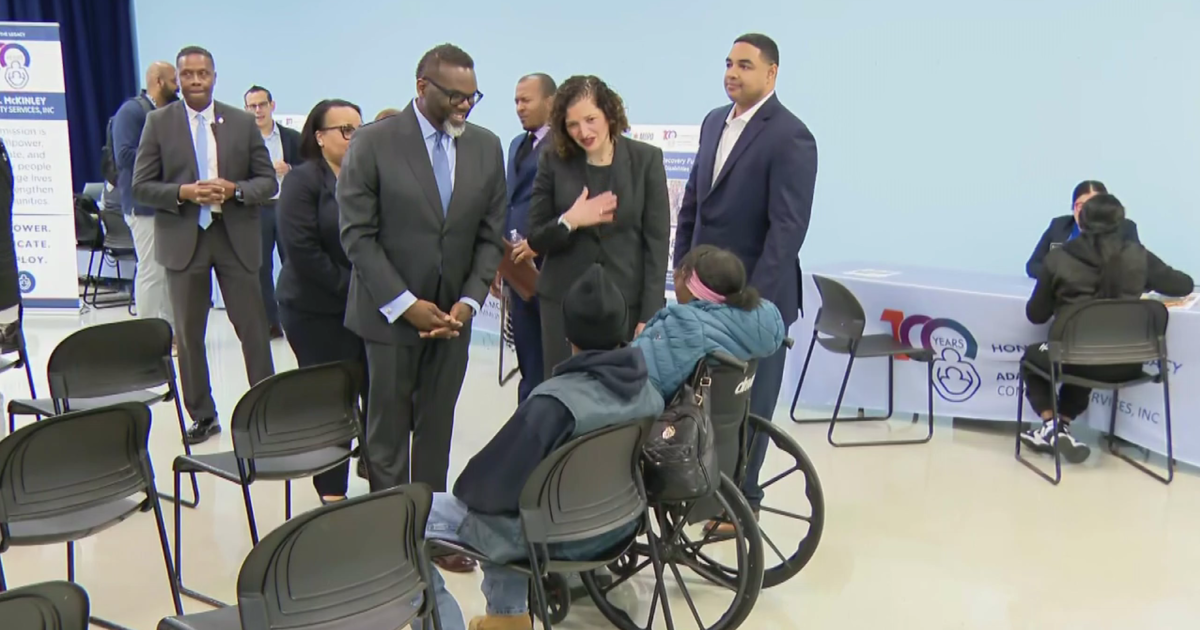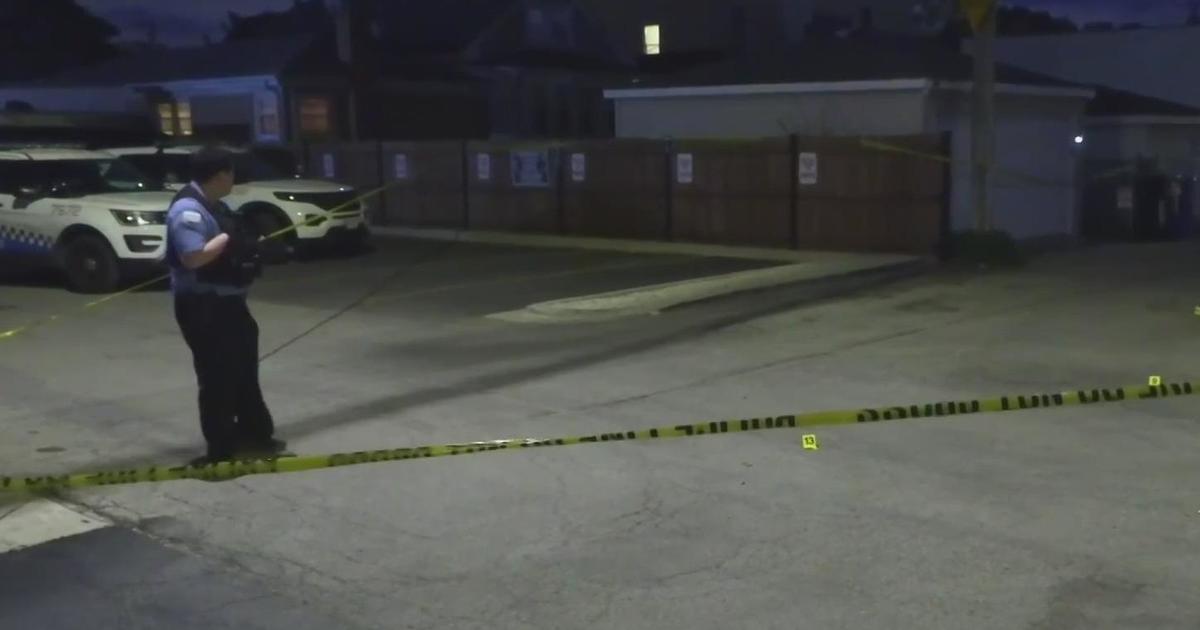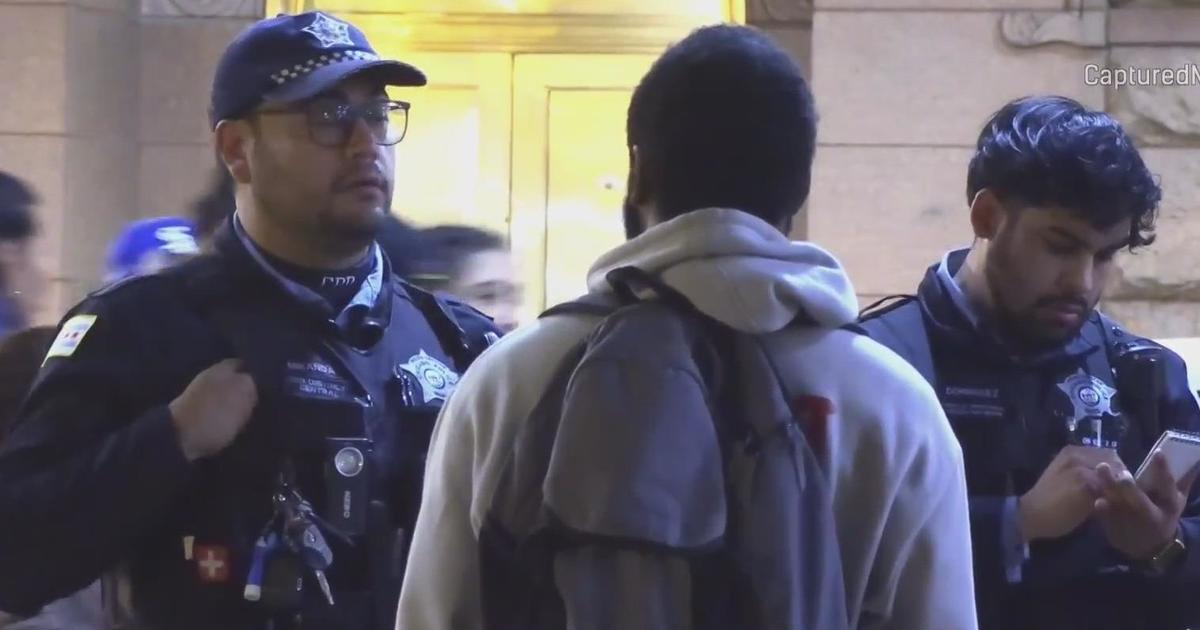COVID-19 UK Variant Cases Up 31% In Illinois In One Week; Still Stopped By Vaccine
CHICAGO (CBS) -- A new facility in Chicago is doing more and better tracking of the COVID-19 variants in Illinois, but experts say it is just more potent -- easier to spread -- but luckily still stopped by vaccine.
The first case of the U.K. variant flew into Illinois from a passenger fresh from the Mideast and United Kingdom in January. Around that time, the head of infectious diseases at the University of Chicago told CBS 2's Chris Tye this was the topic that kept her up at night.
"There is a risk of these new variants somewhere on the horizon," said Dr. Emily Landon with the University of Chicago.
Well, the horizon is here. Spread was slow in the weeks after that first January case but has skyrocketed since. Illinois now has 794 cases, up 31% in just one week.
"Even I was not prepared for how aggressive and unforgiving they are," Landon said.
It is unforgiving because those with the U.K. strain breathe out twice as much of the virus as typical COVID patients, and getting sick from it requires half the exposure of the ordinary strand.
"So you can imagine if someone making twice as much COVID and you only need half as much to get sick, the likelihood that anybody will get infected in any given circumstances goes up a lot," said Landon.
The best defense is getting vaccinated and waiting two full weeks after the last shot to relax behavior.
"That means you have a six-week runway to really fight things off," she said.
At highest risk are the unvaccinated elderly and overeager young people just becoming eligible for vaccine.
Landon hopes the Johnson & Johnson delay will last just a few days. If it is any longer, the shield to protect Illinois could get substantially weaker.
"You need to be more careful because these variants are more contagious," she said.
Landon says those not fully vaccinated simply should not be eating indoors and should wear a mask if participating in or viewing outdoor sports.
Landon is optimistic the delay of the J&J will be short. She hopes that the FDA can isolate who is most at risk for those blood clots and keep them from taking the J&J vaccine but allow the rest of the United States to take it.
She hopes it may be a delay of just a few days. If it is any longer, it could become a problem since it remains the fastest route to become fully vaccinated.



